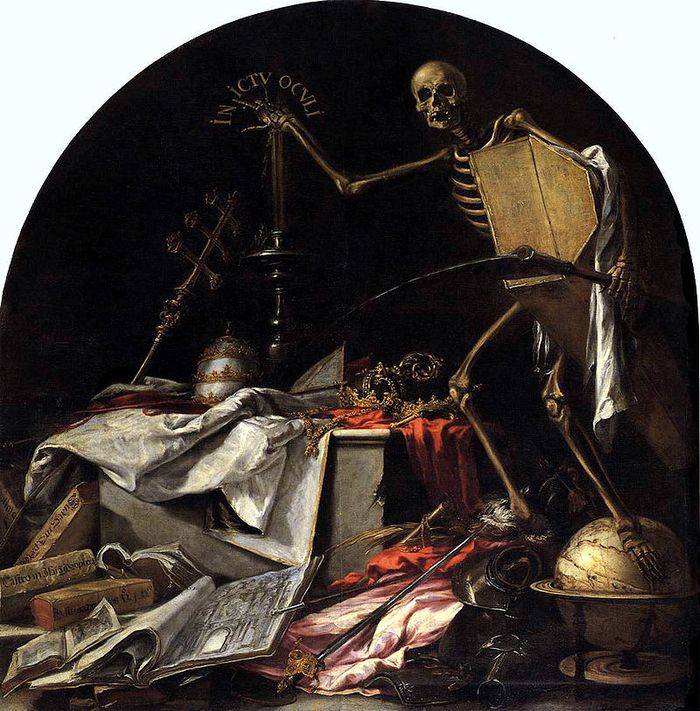Importance of Anatolia and Yalvac in the Development of Religions
Anatolia`s generous heart and warm embrace were the tolerant setting for historical events related to the birth and spread of religions.
The development of Christianity and many of the elements crucial to it make up an important part of Anatolia`s cultural treasures.
In Palestine, the place of its birth, the new Christian faith was unable to make much progress and its adherents headed in the direction of Asia Minor-Anatolia-instead. In the next
Christianity began to spread and organize itself in Anatolia; and four cities-Antioch, Ephesus, Tarsus, and Antiocheia (Antiocheia in Pisidia, ie Yalvac) were targeted for this.
Development of Christianity in Yalvac St Paul undertook three important missions to propagate the new faith in Anatolia. Choosing this city of Antiocheia as his center, it was here that he proclaimed the new religion to all who would listen. It was from Yalvac (Antiocheia) that Christianity began to radiate all over the world.
Christian religion
One of the first four apostles of the Christian religion, Paul was also its first theoretician. His knowledge of religion was deep. An eloquent speaker with the ability to command respect and enormous drive, he played a crucial role in the spreading of the new faith.
At the time, Yalvac (Antiocheia) was a city where one could find living side by side the devotees of oriental mysteries, Jews, idolaters, and pagans. There was also, however, a class of well-off people for whom monotheism, the belief in a single, all-powerful supreme being, had a strong appeal.
This was the setting that Paul found himself in when he arrived here to preach the new religion. Paul was driven by the love for God that he bore in his heart to teach it to others and believed it was his duty to do so. And his conviction gave him the strength to travel great distances under the most difficult conditions, preaching and making converts.
When he first arrived in a new city, he would sit at a loom and weave tent-cloth not just to support himself but also as a way of meeting people, with whom he strove to establish communication and get to know them and understand their feelings. Reflecting the purity and clarity of his heart in whatever he did, he also wove a web of love and friendship as he sat at his loom.
Paul`s stay in Antiocheia
Paul`s stay in Antiocheia is described thus in Acts 13: Now when Paul and his company set sailed from Paphos, they came to Perga in Pamphylia; and John departing from them returned to Jerusalem. But when they departed from Perga, they came to Antiocheia in Pisidia, and went into the synagogue on the sabbath day, and sat down and prayed..
And when the Jews were gone out of the synagogue, the Gentiles besought that these words might be preached to them the next sabbath. Now when the congregation was broken up, many of the Jews and religious proselytes followed Paul and Barnabas who, speaking to them, persuaded them to continue in the grace of God. And the next sabbath day came almost the whole city together to hear the word of God.
As the above passage tells us, Paul continued to preach and in a short idolaters, and pagans. There was also, however, a class of well-off people for whom monotheism, the belief in a single, all-powerful supreme being, had a strong appeal. This was the setting that Paul found himself in when he arrived here to preach the new religion. Paul was driven by the love for God that he bore in his heart to teach it to others and believed it was his duty to do so. And his conviction gave him the strength to travel great distances under the most difficult conditions, preaching and making converts.
Reflecting the purity
When he first arrived in a new city, he would sit at a loom and weave tent-cloth not just to support himself but also as a way of meeting people, with whom he strove to establish communication and get to know them and understand their feelings. Reflecting the purity and clarity of his heart in whatever he did, he also wove a web of love and friendship as he sat at his loom.
Under the Edict of Milan, early in AD 311, the Roman Emperor Constantine the Great declared that the Christian worship was henceforth to be tolerated throughout the Empire. An organized church was gradually being developed, councils were held, and metropolitan sees were established.
Antiocheia was present in the First Council of Nicaea (iznik) in AD 325 and was also prominently represented in the Council of Chalcedon (Kadikoy 451), the Second (553) and Third (680-681) councils of Constantinople (istanbul), and the Second Council of Nicaea (787). In the course of time, Christianity became firmly entrenched in Antiocheia as elsewhere and the city became something of a place of pilgrimage that attracted a heavy traffic of visiting believers.
Read More about Caribbean Cruises
![image-114[1]](https://guide.docappadocia.com/wp-content/uploads/2017/03/image-1141-1.jpg)







